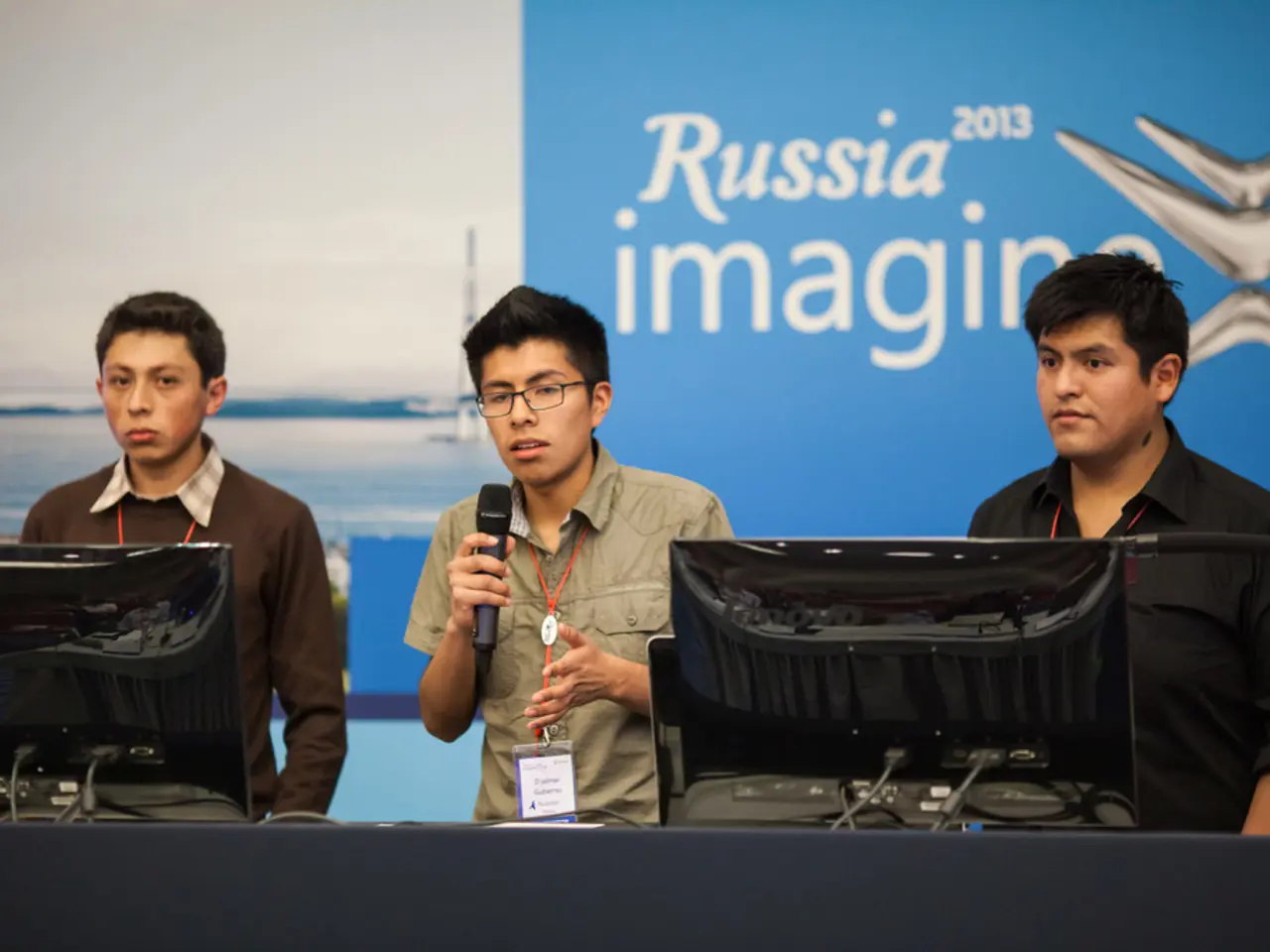Removed sanctions on Putin following Trump meeting serve as a significant triumph for Moscow
The highly anticipated summit between Russian President Vladimir Putin and US President Donald Trump in Alaska ended without a significant breakthrough or agreement on the territorial disputes involving Russia and Ukraine.
The meeting, which took place during the Obama administration's tenure but is now under the Donald Trump administration, was held in Alaska, a location chosen for its historical ties to Russia and its geographical proximity. The choice of Alaska carried symbolic meaning regarding past US-Russia relations, but it did not translate into diplomatic progress on Ukraine.
Despite hopes that the meeting would initiate peace talks or a ceasefire, Russia continued its military offensive in Ukraine during the talks, and Putin did not agree to pause the conflict. The talks included only Russia and the US; Ukraine was not present or directly involved, a move that some analysts viewed as implicitly recognizing Russia’s power but criticized the absence of Ukraine in talks about its territorial integrity.
Both leaders mentioned the possibility of meeting again, possibly in Moscow, but there were no concrete commitments or a roadmap to resolving the territorial dispute or ending hostilities.
One key point of discussion was Putin's interest in permanent neutrality for Ukraine and limits to its armed forces as part of a geopolitical strategy. Reports suggest that Ukraine surrendering territory could be a part of the ceasefire deal, but Ukraine has stated unequivocally that it will not give up any land.
The US is removing sanctions on Russia for Putin's visit, a move that would be symbolic and a victory for Moscow. Notably, the US is not a member of the International Criminal Court, which means there's no threat of arrest for Putin during his visit.
Vladimir Putin is traveling to the United States for the first time since September 2015. He may believe that a summit with Donald Trump offers the best chance of securing his geopolitical demands. However, Moscow has shown no intention of stopping the war until its demands, including the above, are met.
In summary, while the Alaska summit was a notable diplomatic event and the first US-Russia heads-of-state meeting since the Ukraine invasion, it had little tangible impact on the ongoing territorial disputes or the war in Ukraine at this stage. The lack of progress underscores the complexity of the Ukraine crisis and the challenges ahead in finding a lasting solution.
- Ongoing sanctions against Russia may escalate further as a result of the war in Ukraine, according to the current policy-and-legislation being discussed in the general-news.
- The war-and-conflicts in Ukraine continue to be a point of contention in international politics, as evidenced by the lack of agreement in the recent summit between Russian President Vladimir Putin and US President Donald Trump.
- Despite the hopes of a peaceful resolution, the war in Ukraine remains unresolved, with Putin showing no signs of stopping the military offensive and the US-Russia talks failing to yield a significant breakthrough in the policy-and-legislation regarding the territorial disputes.







